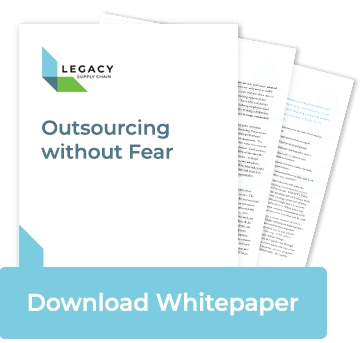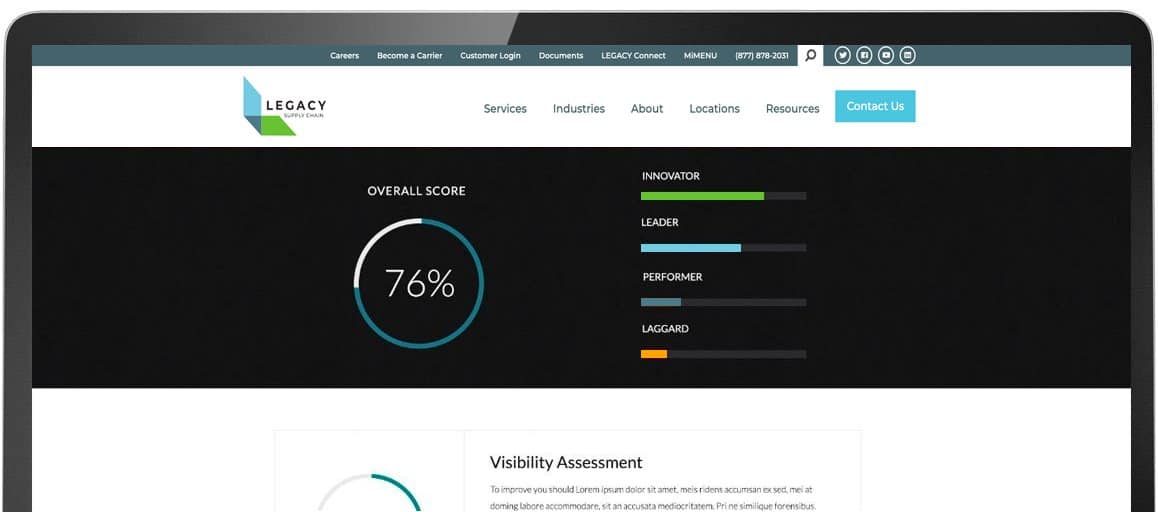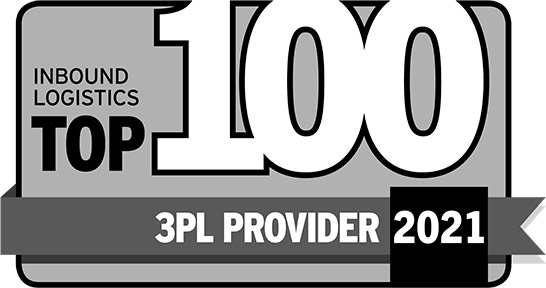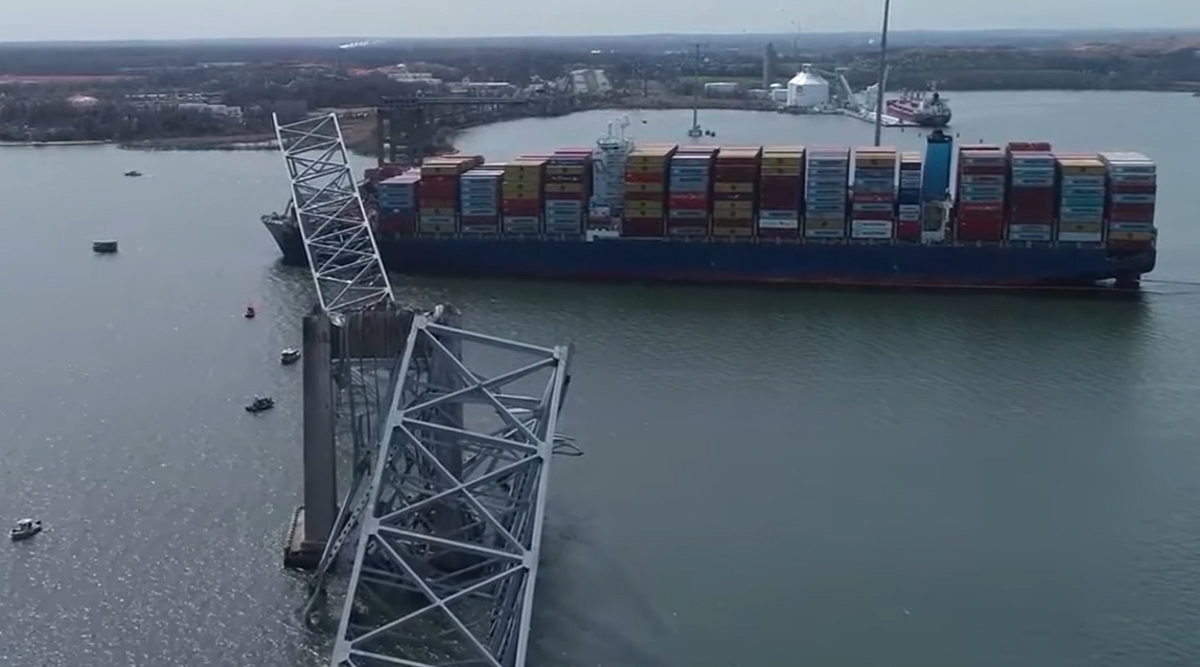Importer Security Filing – 1 Year Plus Review
For those of you who have forgotten, or maybe never knew – Importer Security Filing (ISF) was a critical regulation passed by US Customs effectively beginning in January 2010. ISF requires that all ocean cargo inbound to the US must have certain data elements included in the filing process, prior to allowing entry into the US. This information also must be submitted no later than 24 hours prior to cargo being laden aboard the ocean vessel. Briefly, the data elements included in ISF are:
- Seller
- Buyer
- Importer of record number
- Consignee number
- Manufacturer/supplier
- Ship-to party
- Country of origin
- Commodity HTSUS code
- Cargo stuffing location
- Cargo consolidator
The ultimate responsibility to file this information lies with the importer, although upwards of 90% of the filings to date are actually done by customs brokers.
Of note, and something that we are very proud of is the fact that LEGACY Supply Chain Services is trending well above the national average in terms of ISF compliance. This directly results in a smoother customs entry process for our clients, and also minimization of financial penalties to the importer. The current national average shows that 92% of all inbound shipments are within compliance according to the NCBFAA (National Customs Brokers & Forwarders Association of America). That 92% is based on over 3 million filings done in 2011 alone. LEGACY currently stands at a 98.6% compliance rate, with over 98% of our individual clients running at 100%.
We can directly attribute this success to our CHB team in our San Francisco office, our leading edge customs brokerage/ISF information system, and the strong relationships and communication channels we build with our clients. For more information or to learn more about ISF, please visit the Customs & Compliance section of our website.
Some key tips importers of goods into the US can follow to help ensure ISF compliance:
- Ensure relevant ISF data collection is built into your purchase order process with all suppliers.
- Always provide ISF data to the ISF submitting party (usually Customs broker) at least 72 hours in advance of goods lading. This gives a window to make any error corrections, and also allows time to get the filing processed. We expect Customs will begin cracking down further on late filings- so timeliness is crucial.
- Visit the official US Customs & Border Protection website https://www.cbp.gov/ for any information or updates. Or, speak with your customs broker directly- or call us.
These simple steps will help all importers stay in compliance with ISF, and minimize the chance for incurring hefty fines and clearance delays. The fines by the way start at around $5000 per instance- so you want to make sure you are compliant…
Get Insights. Stay Ahead.
Get the latest news and insights via email on warehouse improvement, transportation optimization, labor strikes and international shipping rate changes.Popular Posts
Search Posts
-
2024 Q1 Freight Landscape: Trends, Challenges, and Predictions
As the first quarter of 2024 comes to an end, here are some observations over the past few months as well as predictions about the trucking...
+ Read more -
Baltimore Bridge Impact Assessment – Update
Following the recent Baltimore Bridge collapse and subsequent port closures, we want to keep our customers informed about the situation and...
+ Read more -
Global Momentum Builds for Charge on Global Shipping Sector’s CO2 Emissions
A growing coalition of 47 countries, including key players like the European Union, Canada, Japan, and various Pacific Island nations, is...
+ Read more










